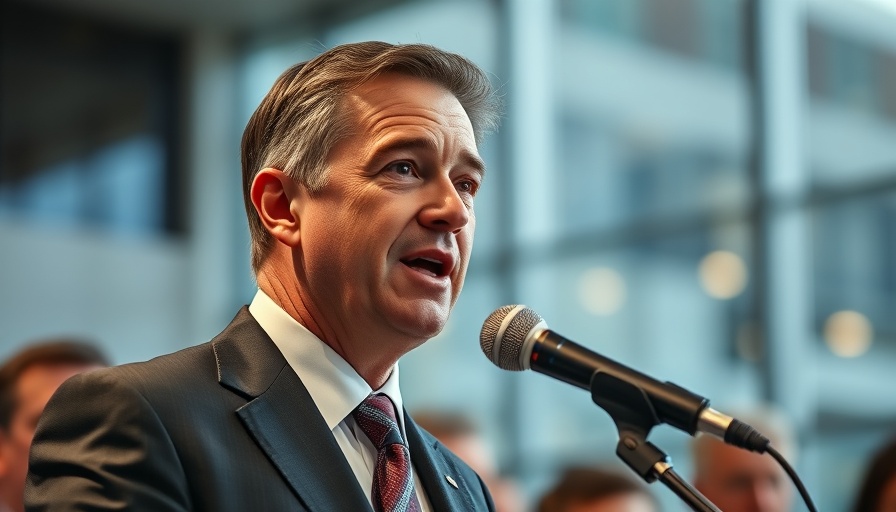
Political Drama Unfolds: EFF's Shift on Ekurhuleni Leadership
The shifting political landscape within South Africa took a notable turn with the Economic Freedom Fighters (EFF) changing its stance on the demand for the removal of the Ekurhuleni mayor. Historically known for being a populist force, the EFF's tactical pivot raises critical questions about the motivations behind its decisions and the broader context of political alliances leading into the crucial 2024 general elections.
The Implications of a Coalition Landscape
In recent years, South Africa's political sphere has been characterized by burgeoning coalition governments, spurred significantly by challenges within the African National Congress (ANC) and the Democratic Alliance (DA). The EFF's previous calls for the ousting of the Ekurhuleni mayor aligned with its aggressive tactics against perceived mismanagement and corruption. However, the recent shift comes as factions within the party reconsider their positions in light of electoral strategy and the potential influences leading into the 2026 municipal elections.
The Forces Driving Political Realignment
As political factions engage in maneuvering leading up to the next polls, strategic self-preservation becomes paramount. The EFF's decision could reflect a tactical retreat to consolidate power rather than risk destabilizing alliances amidst unpredictable voter turnout rates as highlighted in recent studies. It serves as a reminder of the ongoing political realignment occurring across various parties, including the ANC and DA, as they attempt to adjust to a shifting electoral landscape shaped by demands for reform.
Public Sentiment and Its Role in Electoral Decisions
Public sentiment drives electoral outcomes, and since the controversy around the Ekurhuleni mayor escalated, discussions about service delivery and accountability have been amplified. The perception of failure among opposition leaders like Julius Malema (EFF) and John Steenhuisen (DA) regarding these issues plays a significant role in shaping voter attitudes. Meanings of effective leadership and accountability are deeply ingrained in public consciousness, and parties must navigate these issues sensitively if they wish to maintain election viability.
Contextualizing the EFF’s Leadership Dynamics
The EFF's dynamics extend beyond just a simple stance on one mayor; they form part of a broader narrative concerning leadership philosophies in post-apartheid South Africa. Both Julius Malema and Cyril Ramaphosa must maneuver their respective parties while embracing transparency and accountability to navigate the public’s heightened expectations for progress, especially on socio-economic fronts including reforms in land, education, and the judicial system.
Anticipating Future Developments
As we approach the elections, it is imperative to consider how coalition dynamics may evolve. The backdrop of historical state capture instances, calls for anti-corruption measures, and manifesto promises regarding public sector reform will shape the broader discussions. The evolving positions of the EFF denote a willingness to adapt, indicating they may prioritize strategic loyalty over aggressive altruism in these critical times.
Conclusion: The Need for Political Accountability
Understanding the recent shifts in EFF’s stance and its implications on Ekurhuleni’s local governance is of paramount importance for professionals navigating South Africa's political realm. Accountability in leadership, transparency in governance, and political stability are the cornerstones that can bridge the gap between political power and public trust. Grappling with these evolving narratives not only stimulates necessary dialogue but can also direct much-needed policy reforms that resonate with the core challenges faced by citizens today. Stay informed about the unfolding dynamics as we edge toward a consequential electoral landscape.
 Add Row
Add Row  Add
Add 




Write A Comment